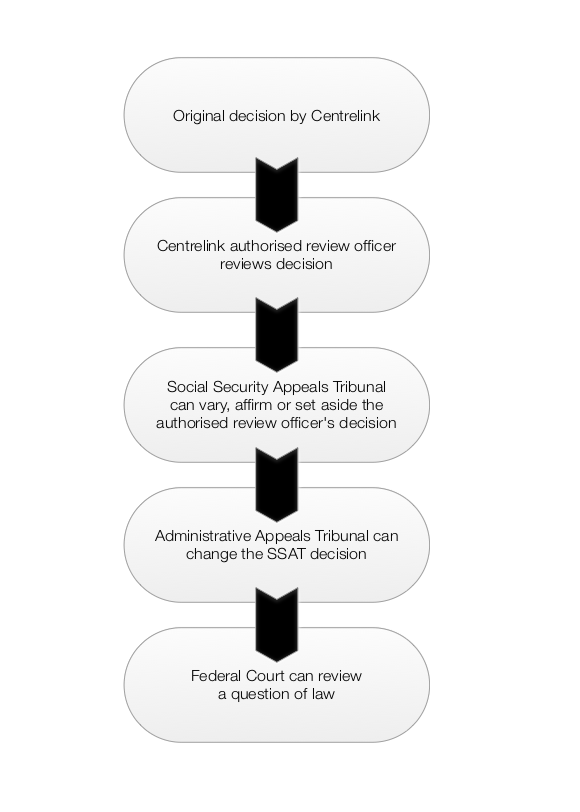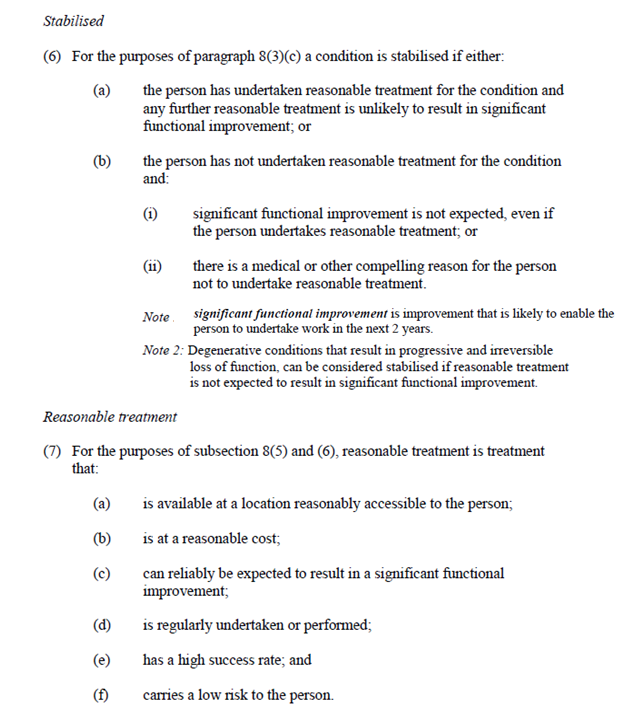Appeals
Don’t give up yet!

YOU ARE NOT ALONE!
Success rates for first-time claims can be as low as 20% There are 3 levels of appeal freely available for those who feel they have been incorrectly assessed.
Steps to Take
- GET A COPY OF ASSESSMENT; If you have been rejected you should request a copy of the assessment prior to or at the time requesting a review of the decision, as they will not send you a copy of assessments after you have lodged a request for review of a decision. This can be done in person, by phone or via the link below. The assessment will give you all the details of their reasons for rejection so that you might rectify this with further evidence, provide proof of their errors of fact, and/or quote the legislation that has been neglected or overlooked.
- GET NEW EVIDENCE; One of the most important points at this stage is to keep in mind that they are assessing you on whether you qualified on the date of claim and within 13 weeks after, so any new evidence you obtain must “shed light” on that time period. What this means is that a new report must clearly state that is was relevant at that time or else it will be considered relevant only from the date it was written and therefore irrelevant to your claim/appeal.
- REAPPLY; Once you have obtained new evidence to correct the reasons for rejection, you can lodge a new claim while continuing with your appeal. I often recommend doing this if your internal review fails, and you appeal to AAT, but it can be done sooner.
- AAT: If your internal review of the decision is unsuccessful you can then appeal the the Administrative Appeals Tribunal, via the link below.

Stabilised
One of the more common reasons for rejection is that a condition is not considered “stabilised”. Stabilised has a unique definition in the legislation which varies from the typical medical definition.
An example clarifying statement for doctors:
“all reasonable potentially effective treatment options have been explored. All current treatments are for maintenance purposes only and not likely to provide any significant improvement in the near future”*
* We only encourage doctors to provide statements that are fact based.